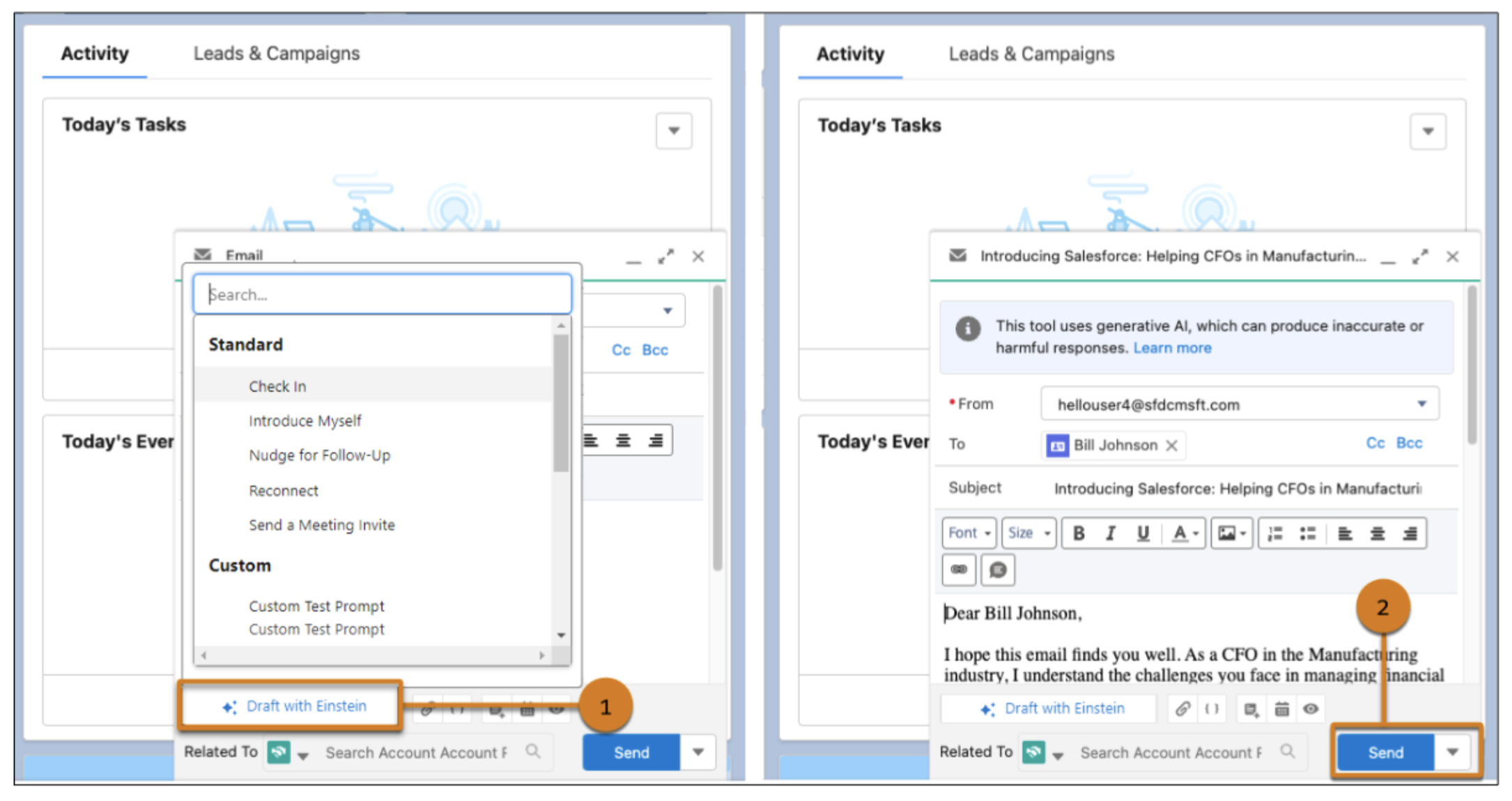
You’re probably looking at the title of this article and saying to yourself, “No kidding! Of course data quality is important!”
You’re also probably asking “Why bring it up now?” Well, let’s discuss and you’ll see.
If you’ve been around the Salesforce ecosystem for a while, you know some of the basic issues with bad data.
It can cause all sorts of problems, including:
- Problems with productivity: If you have duplicates or bad data in your system, you could have multiple sales reps contacting the same customers or contacts.
- Low Salesforce user adoption: If your data is not “clean,” your user base will begin to distrust the data. Once this happens, users will stop using the system and your adoption will drop considerably.
- Inaccurate reporting: Having done my share of reporting throughout my career, this is a big one for me. Data that is not clean leads to reports that are “off.” Depending upon the reporting we are talking about, this definitely could impact the quality of decision making at your business.
- Incomplete data: This is another problem that also affects some of the above points. If data is incomplete, reporting can end up being inaccurate, and reps will find it difficult, if not impossible, to work with the data in the system.
However, I’ll submit that there is a new reason to fight the data quality battle, Yes, it’s that two-letter word that everyone is talking about—AI!
Why is data quality important for Artificial Intelligence?
If you are using AI as a part of your system and operations, you need to have high-quality data. Think about this: If your data quality is questionable, then your AI will be “learning” incorrectly and will provide you with results that will lead you in the wrong direction.
Let’s look at some examples that correspond to my list above
Productivity: Say you have a process in which, once an order is complete, AI sends an email to the customer. If your data is off, the email will be incorrect and have to be edited by the user manually. This negates the benefit of increased productivity by using AI.
Adoption: If your data is of low quality (either duplicated, incorrect, or incomplete) your sales users are not going to be eager to jump into Salesforce to track their book of business; they don’t trust the data or what will happen to the data they add. This is how you end up having to track opportunities in spreadsheets and not in Salesforce, another issue I’ve faced countless times throughout my career.
Reporting: Reporting is another area impacted by incomplete data or low-quality data. I couldn’t tell you how many times I was contacted by reps or managers who would say things like, “This report doesn’t look right” or “I can’t find an opportunity I’m looking for.”
Often the problem was the data, not user error. The solution was usually information that didn’t wasn’t entered into Salesforce or the report filters that didn’t accommodate all the different ways data was entered. This is where standardization becomes a critical part of your data hygiene routines.
Incomplete data: Finally, when we talk about data quality, people often think about fields populated with incorrect data, for example, placing the postcode in the city field. However, another issue is fields being either incomplete or not filled in at all. Not to sound like a broken record but I have seen this one, too.
This not only affects the users but the admins as well. If a sales rep wants to put out a mailing and asks you to provide a list, it’s a problem if a lot of your email fields are blank. You are faced with either excluding those contacts or having someone manually track down their email addresses. Email verification tools can also be helpful in this particular example to ensure the email address you have is active and can receive mail. Validity BriteVerify is just one option.
To sum it all up, poor-quality data can sabotage AI initiatives before they leave the ground. You’ve got to be ready for the negative impact of poor quality or poorly maintained data to be exponentially worse when AI is thrown into the mix. When it comes to AI, you don’t get a second chance to teach a model— you’ve got to get it right from the beginning. That starts with the wellness of your data. Data is how AI learns and how humans communicate with AI to get the desired results.
New AI feature to know
I thought I’d end this post by highlighting a feature that came out in the most recent Winter ‘24 Salesforce release. Sales users can now use sales data to generate personalized emails for Leads and Contacts.
Reps can create common emails such as a follow-up note or a meeting invitation and you want your data to be correct so your customer communications are correct and reps are confident using the AI assistance. The email types are created by the admins so that sales reps would be able to choose the preset and custom email types.
Here is a screenshot from Salesforce Help to show you what this looks like:
So, if you’re using AI or not, stay in the data quality fight! If you are using AI—get a plan in place to fix your data, ASAP!
For more expert tips to navigate the world of Artificial Intelligence CRM, watch our on-demand webinar: “Unlocking AI’s Potential: How to Harness High-Quality Data and Maximize AI Outcomes.”
Bill Hare is a guest blogger for Validity. He is 3x Salesforce Certified. Throughout his 15 years of application and operations experience, he has been in a number of roles that allowed him to see many different sides of the Salesforce world.

